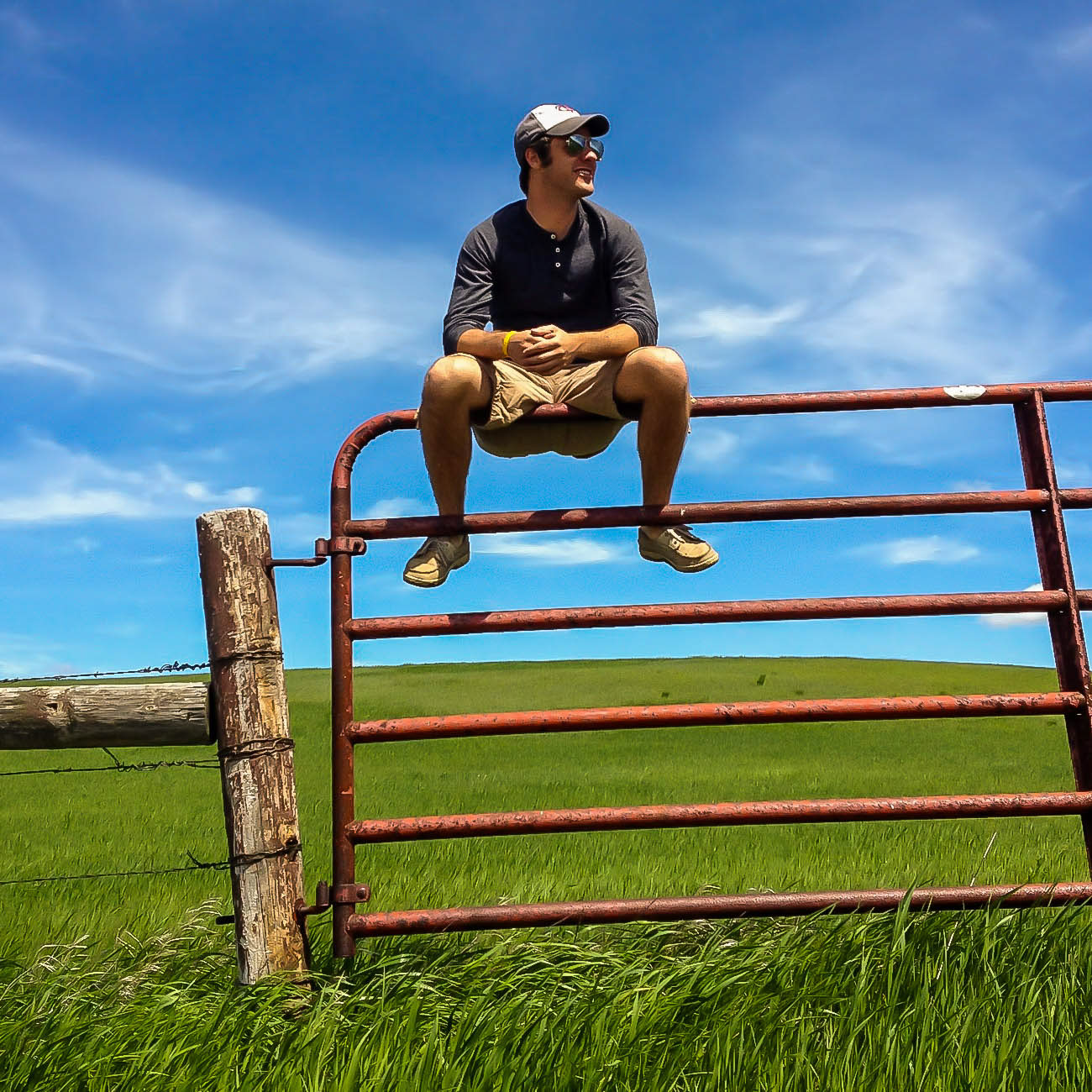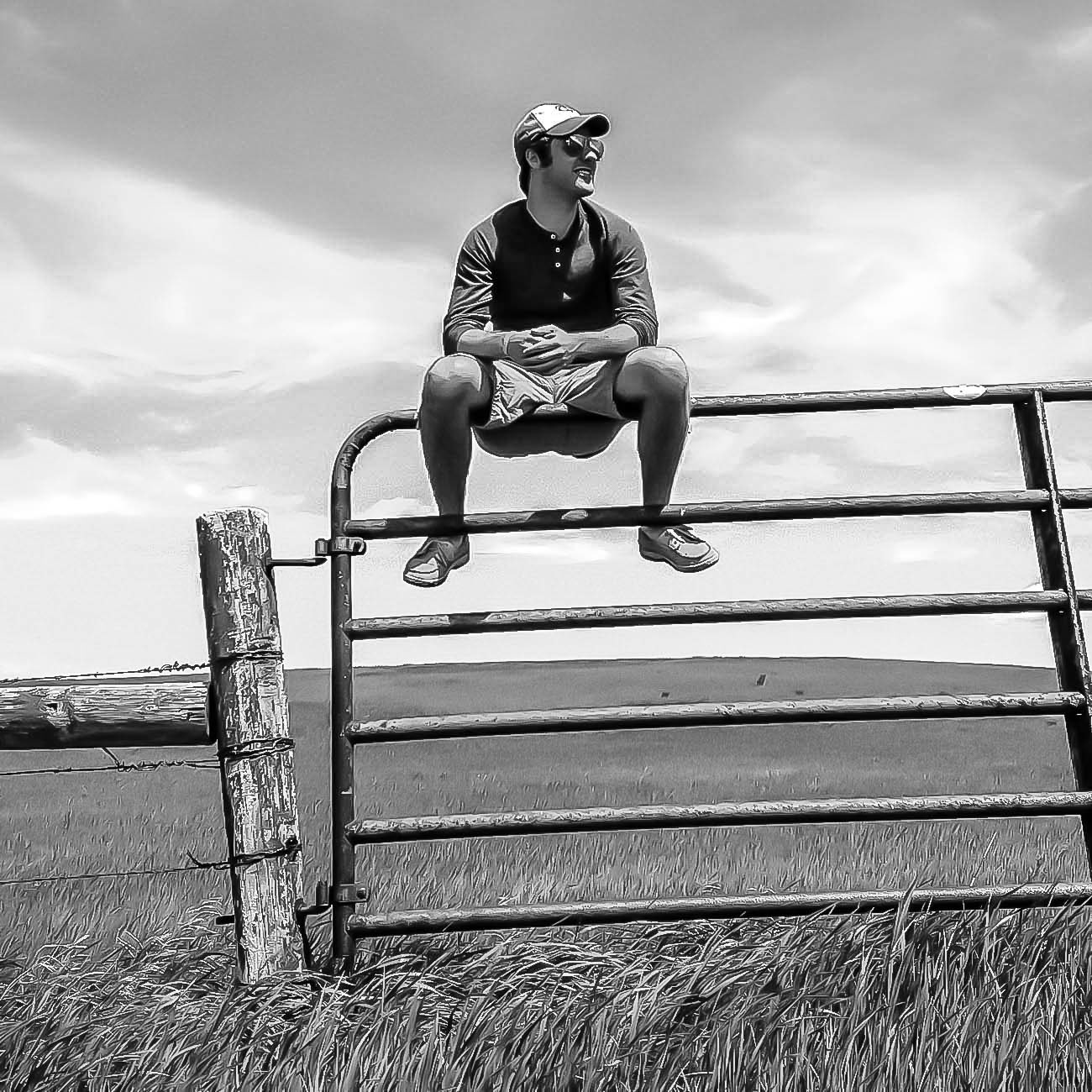
CHALLENGE
Innovation is known to accelerate economic growth. Its outcomes, innovations themselves, can shift paradigms within a society to dramatically enhance quality of life across sectors. Thus, innovation is one of the most precious commodities in our world.
In Haiti, innovation is a commodity that is severely scant, but it is perhaps a place most in need of its benefits. Particular to the Haitian housing sector, innovation was lacking in the delivery of high quality construction practices.
I saw an opportunity for innovation to thrive, and for the beneficiary communities to become the creative engines of its solutions.

INSIGHT
In My team of Haitian innovators and I conducted an ethnography of "quality control" and rule following in Léogâne, Haiti. We joined police officers, doctors, and school teachers to understand how they drive environments of quality control to champion successful practices and rule following.
We started to see an opportunity to flip the model of construction quality control from one based on shame and punishment, to one led by pride and motivation.

PROCESS
We set out to create mechanisms for establishing pride and motivation in craftsmanship. Our solution began to take the form of a reward promotion system for construction workers. We saw that if we could root the system in a homeowner's desire to be confident and assured of the quality of his or her home, and leverage that demand into accountability for crews to self-motivate performance.
We prototyped and tested the benefits and business model for the promotion system. Through feedback we learned that we could use benefits such as uniform colors and workplace privileges to inspire motivation and desirability to gain skill and expertise in construction work.

IMPACT
Our final concept was a promotion system through which construction workers would use their phones to take pictures of key quality control indexes. The contractor collects these pictures and assembles them into a QC image report that is given to homeowners as insurance and proof of home quality -- something very cherished for Haitian homeowners in the aftermath of the 2010 earthquake.
Of additional impact was the capacity built in my team of Haitian entrepreneurs. After the Innovation Incubator training and application of human-centered design, my team became dangerous as designers, capable of deploying the methodologies and techniques of design thinking in their communities. A few of my innovators started working with food vendors to help them create better service models, and some started Innovation Clubs where they continue to design solutions to their community's most pressing challenges.


